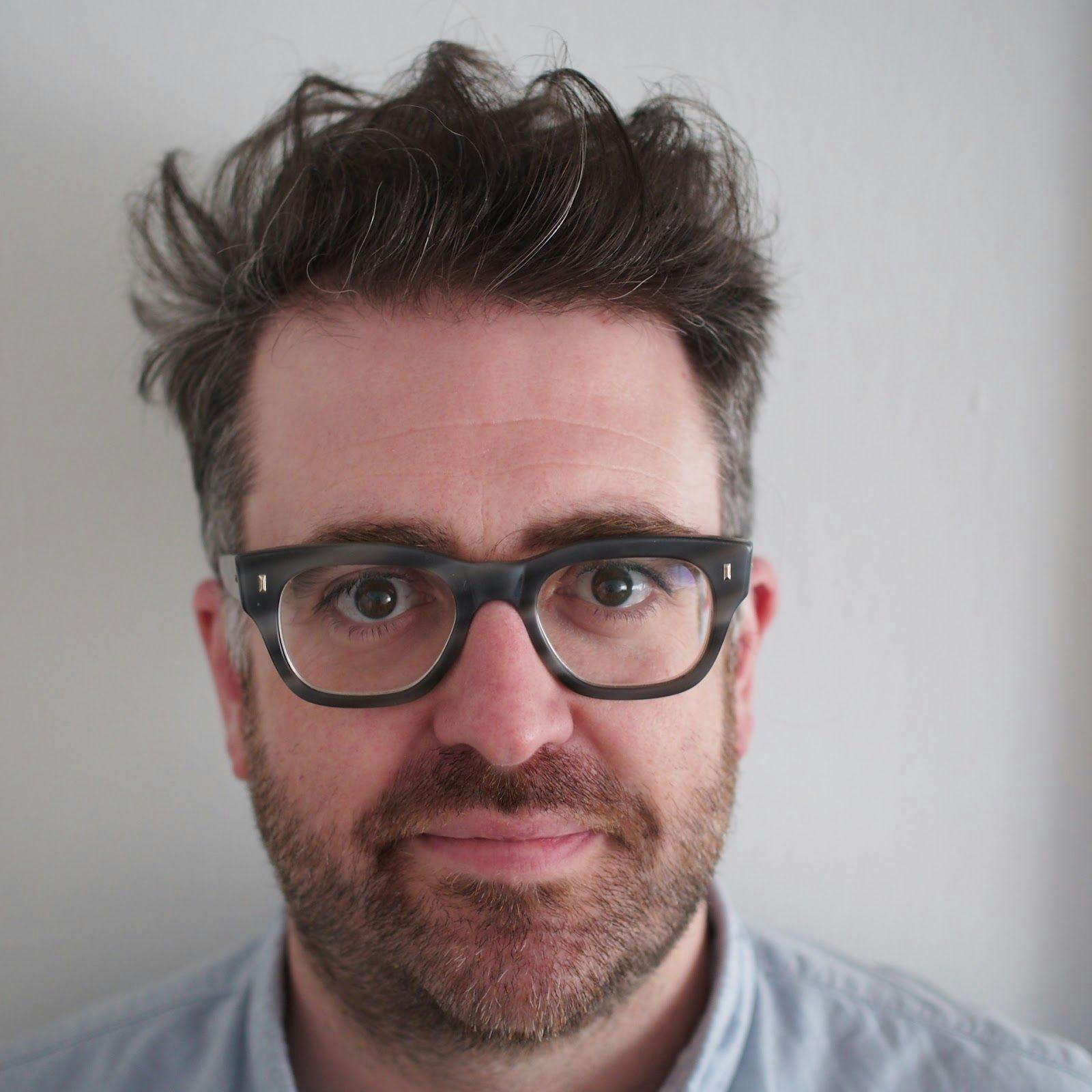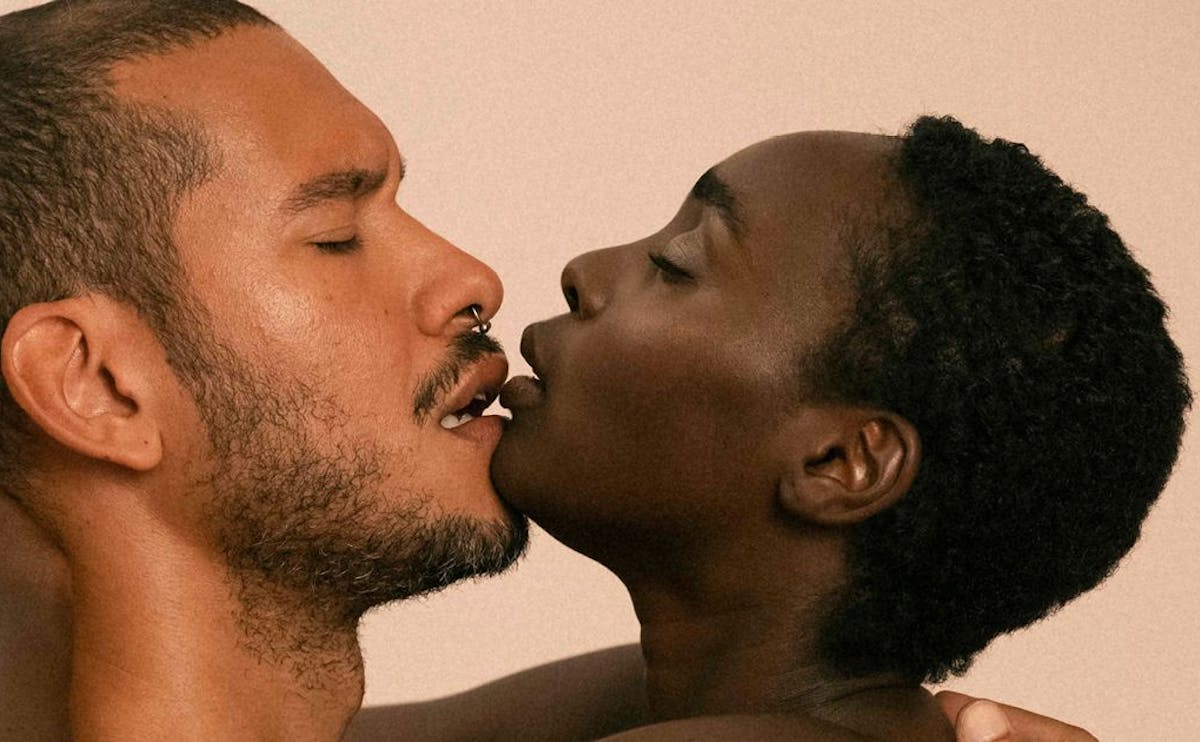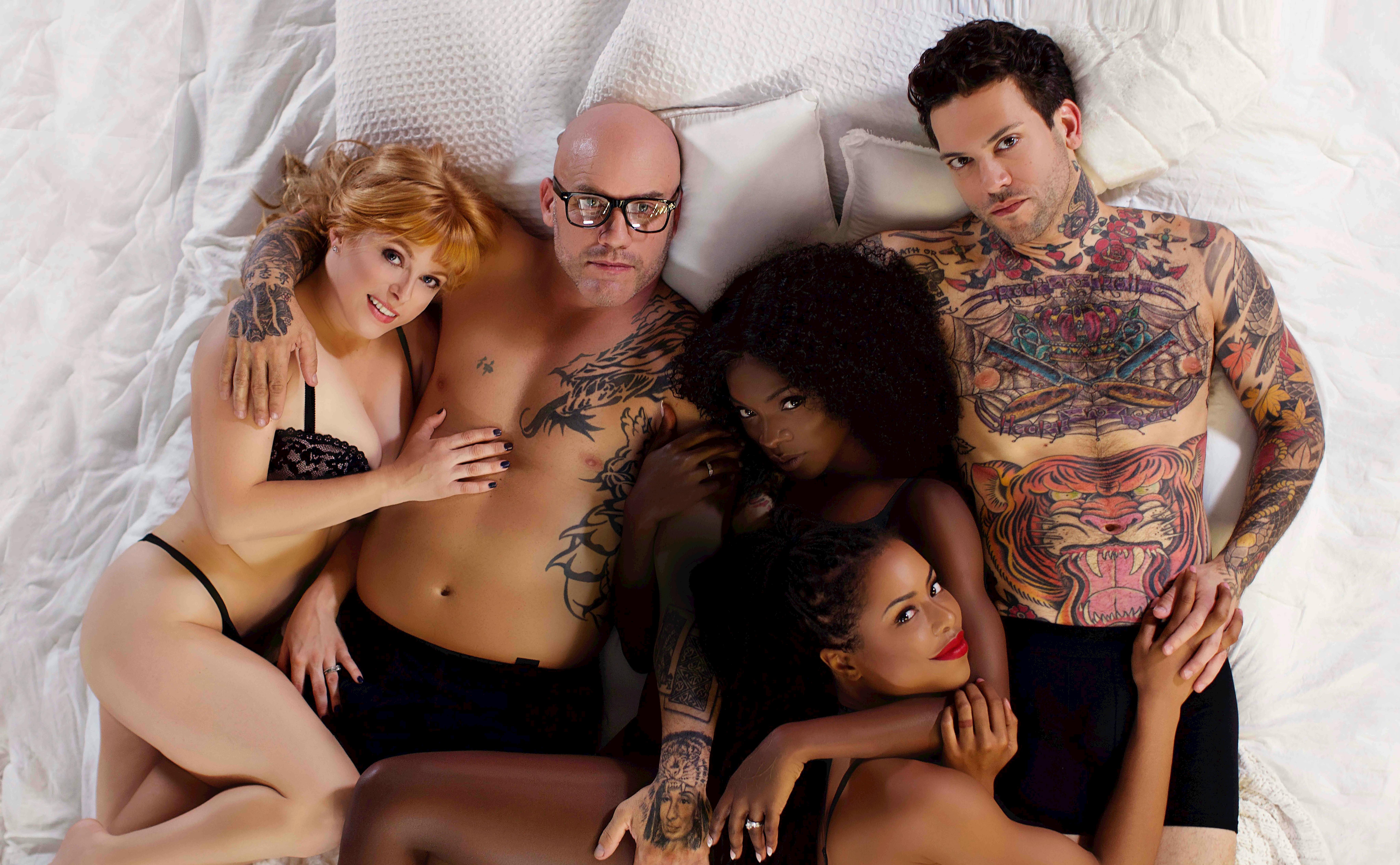Masturbation: Forget Coming, Try Becoming
Masturbation: Forget Coming, Try Becoming
The sex positive debate is most often led by women+ and queer folks, since we’re on a mission to make the female and queer gaze on sex & pleasure as part of the norm, and not an exception anymore. On the other hand though, cis men need a mindset change too. Hence why I invited sex & relationships educator Justin Hancock to share his experience in rethinking male desire… and I assure you’ll be amazed at what he found! Subscribe here to receive a notification when our new Masturbation Conversations mini doc is released on May 27th & watch a free movie while you wait!
Around 10 years ago, after a huge break up and some subsequent relationships I was not ready for, I decided to take a break from dating in order to spend some time working on myself. This meant doing therapy, feeling my feelings, and trying out some mindfulness. I also bought my first sex toy.
At first, my experiences with the sex toy were very frustrating. Although the sensations felt very nice, and new, they weren’t really getting me off. So I would play with it for a bit and put it down before masturbating in the way I always did. Eventually, and because I had a lot more time on my hands now that I wasn't dating, I allowed myself to be more patient and just started to pay attention to the new sensations. Without realising, I began to bring in some of what I was learning from mindfulness.
I started to notice some interesting changes, and my masturbation times were really turning into solo sex — I was having sex with myself. I was paying more attention to my own breathing, noises, and sensations rather than my own story of ‘how I wank’. This, coupled with sexy thoughts and fantasies, spiralled out into a more complex sexual assemblage. Rather than just coming, a new sexual self was becoming.
Instead of orgasms ‘being reached’ or ‘arriving,’ they began to emerge. They were non-ejaculatory which, for me, meant that I could have more than one: in fact, I was having several. At first 2 or 3 in a session, then perhaps 5 or 8. Then I stopped counting, and who knows, maybe it was just one big hour long orgasm? They were also stronger, involving my whole body, but also the whole bed, the floor, and a sense of it moving through the foundations of the building. Sometimes they were exciting and very very pleasurable. But sometimes they were a bit too much: that disruptive and overwhelming sense of pleasure that I later learned could be called ‘jouissance’.
After a while they started to happen without the toy, or the lube, or even my hand. Just stroking my nipples and chest could do it. Eventually, just lying down and thinking about having one would give me the same experience. They also started happening with partners, and I eventually learnt that my new sexual self was so unusual that I had to explain it to people before sex. Especially as snogging, or the gentlest of touches, can begin orgasms.
When I tell people about this they say “gosh, how lucky!” as if this is an ‘ability’ that I was born with. My brief explanation is, “well, a few years ago I bought a sex toy for the first time and read about mindfulness, and it started happening.” I don’t try to teach partners, or anyone else how I do it, and despite being a sex educator, this is the first time I’ve ever written about this. There are already too many One Weird Trick sex educators (sadly) who teach techniques with one-size-fits-all approaches and place too great an emphasis on orgasms. Not everyone will want to have multiple orgasms, or overwhelming orgasms, or orgasms - full stop.
In fact, when I was first experiencing this, it confirmed what I was learning in my work as a sex educator. One of the things which makes many of us struggle with sex is our shitty sex education, which fixes our sexualities and shuts down our sexual possibilities. Not just what we learn in school (but very much that) but also the ‘common sense’ assumptions that we have in society about sex, bodies, and gender. One of these is that when penis owners masturbate they should pump their penis, to mimic intercourse, and do it until they ejaculate, because ejaculation = orgasm. We can see how this ‘ejaculation = orgasm’ got translated into ‘making women (with vulvas) squirt’ as if this would prove that they really had an orgasm. Actually, ejaculation and orgasm are not the same thing and many people experience non-genital orgasms. However, these are wilfully overlooked because they don’t fit in with our common sense understandings of sex.
The history of sexology is really a history of the categorisation of what sex is, rather than what (else) sex might be. Our common sense understanding of desire, arousal, and orgasm was codified in the work of Masters and Johnson in the 60s with the Sexual Response Cycle. They brought with them the idea of what sex is, and (many argue) confirmed their bias with their research, which turned into our present day idea of ‘normal sexual functioning’. Which is still the basis for a lot of modern day sexology. Particularly that which is more interested in what people might experience in ‘neutral’ laboratory conditions, rather than what they report experiencing in the world, in culture. (I’d recommend Katherine Angel’s ‘Tomorrow Sex Will Be Good Again’ and ‘Unmastered’ for more about this kind of thing, by the way.)
When we tell people what something is, it gives us power (and when we have power, we can tell people what something is). Masters and Johnson’s Sexual Response Cycle and subsequent research into sexual dysfunction empowered big pharma to sell us treatments. Most porn tells us the same story of what sex is and becomes the unconscious ‘truth’ of our desires. Bad sex advice sells us tips on how to do it better, amplifying sexual problems, and retelling the normative stories of what sex is. Industries and careers are made from telling us what sex is and how we should be doing it.
So rather than think about what sex is, what if we ask the question of what (else) can sex be? What kinds of experiences might our bodies be capable of? I think the only thing to learn from my experience is that the most valuable sexual knowledge is our own. Learning to pay more attention to our bodies, as they exist within culture, rather than the cultural scripts of how they should work, might be a good place for anyone to start to allow their sexual selves to become.
To help you make the most out of this Masturbation Month, you can now enjoy a 50% discount on my platforms Lust Cinema, XConfessions, and Else Cinema. Don’t forget to subscribe to the Lust Zine to receive a notification when our Masturbation Conversations mini-doc is released & watch a free movie in the meantime!















